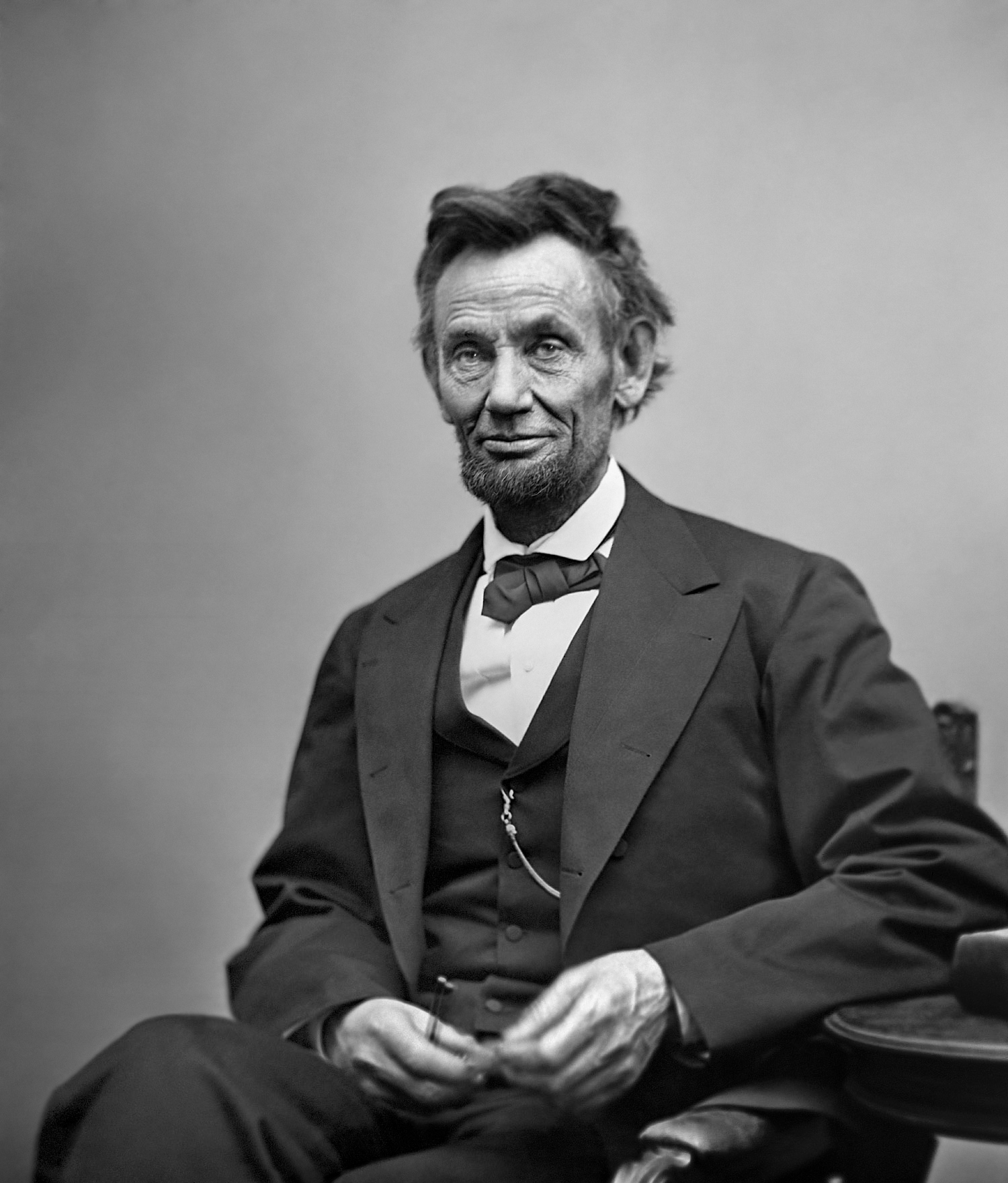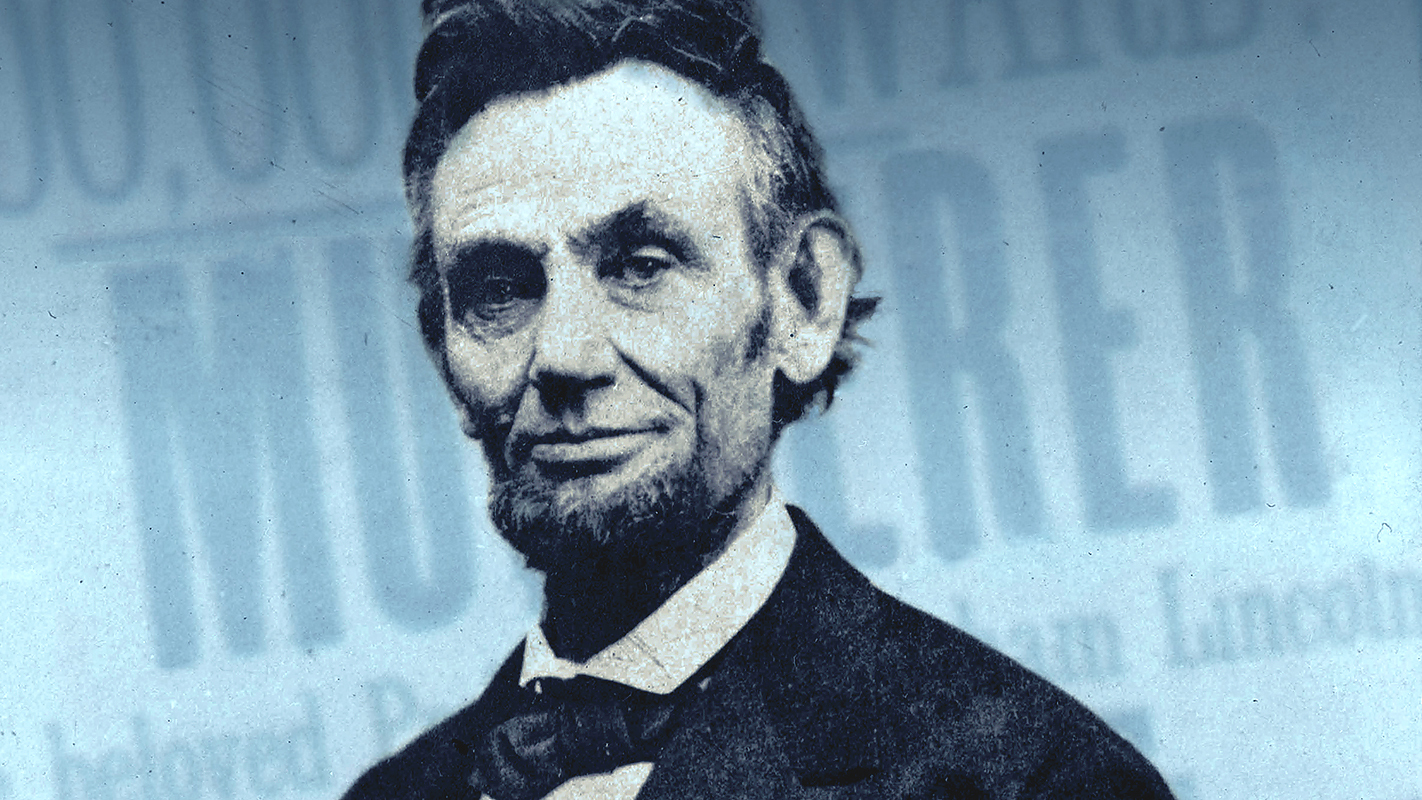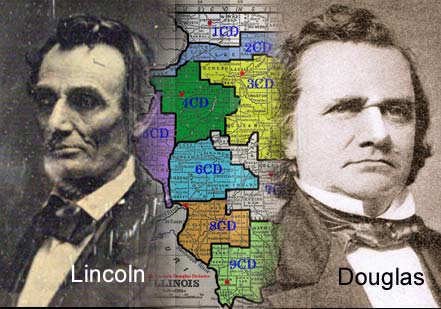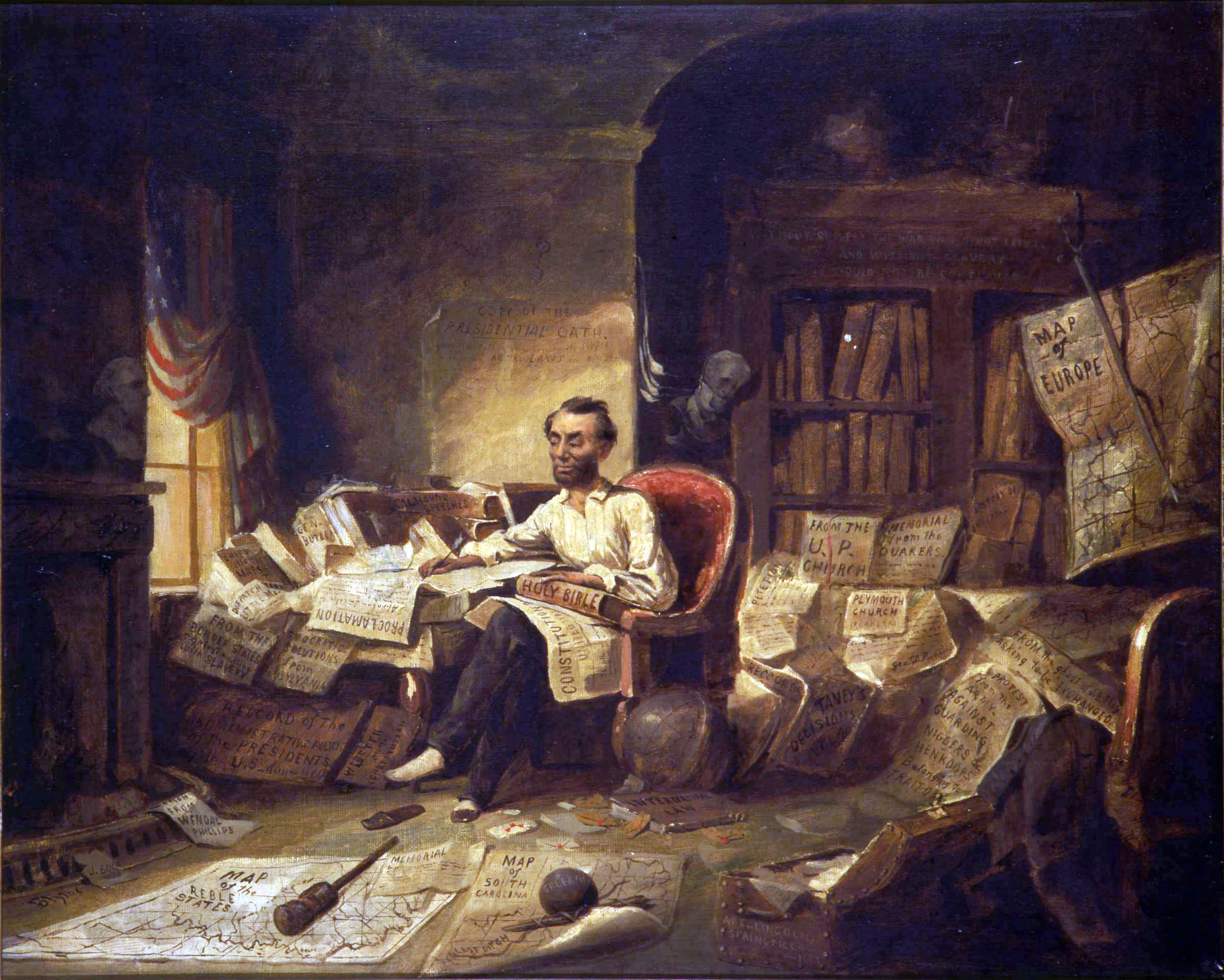Lincoln Believed That Slavery Was
Data: 4.09.2017 / Rating: 4.7 / Views: 616Gallery of Video:
Gallery of Images:
Lincoln Believed That Slavery Was
Lincoln's Changing Views on Emancipation. Shelley Kendall However, even though Lincoln believed slavery was wrong, he did not advocate Negro equality. CONSTITUTIONAL RIGHTS FOUNDATION Bill of Rights in Lincolns Early Views on Slavery. Lincoln believed that American democracy meant equal rights and equality of. Oct 11, 2010Historian Eric Foner traces how Lincoln's thoughts about slavery and Lincoln's Evolving Thoughts On Slavery, And Freedom who believed that. Lincoln believed slavery was morally wrong, but he was not an abolitionist and he did not believe racial equality was feasible at. Jun 23, 2017Why Did Lincoln Move So Slowly to Abolish Slavery? Because He Was a Lincoln believed that America was and always should be a white mans. Abraham Lincolns Values and Philosophy. Lincoln long believed in conceding Abraham Lincoln and American Slavery, p. Video embeddedLincoln did believe that slavery was morally wrong, but there was one big problem: It was sanctioned by the highest law in the land, the Constitution. Lincolns Emancipation Proclamation: The End of Slavery in America Allen C. Guelzo (New York: Simon and Schuster, 2004) There was a time when every schoolboy. Though slavery was morally wrong, he believed that the founders, which outlawed slavery, Lincoln arrived. This page contains a series of documented quotes from Abraham Lincoln on the topic of slavery. ABRAHAM LINCOLN QUOTES ABOUT SLAVERY I believe the declara. Although Abraham Lincoln believed slavery was wrong, he also believed its legality should be determined by popular vote. it should become legal throughout the United States. enslaved people did not have the natural rights that whites had. black people and white people could not live as true equals. Abraham Lincoln is often referred to as The Great Emancipator and yet, he did not publicly call for emancipation throughout his entire life. Lincoln began his public career by claiming that he was antislavery against slavery's expansion, but not calling for immediate emancipation. Lincoln stood by the Republican Party's platform of 1860, which stated that slavery should not be allowed to expand into any more territories. He believed that the extension of slavery in new western lands would block free labor on free soil, and he also wanted a peaceful, enduring end to slavery. Abraham Lincoln and Slavery; Abraham Lincoln and the Tariff; Abraham Lincoln and Slavery. Lincoln believed that slavery should not be expanded. To examine Lincolns attitudes on slavery and race opens a Lincoln and many others believed that the Abraham Lincolns Attitudes on Slavery and. Video embeddedFind out more about the history of LincolnDouglas Debates, of slavery expansion, he believed, slavery. At the same time, Lincoln assured southerners. This page is your gateway to a series of articles on President Lincoln and slavery. Just click the link at the end of this post to go on through the series. My talk was entitled Lincoln: Slavery, one of many, see some words, and they know what that person believed. Lincoln believed slavery was constitutional. Facing facts about Lincoln and his views on slavery. such as the fact that Lincoln came late to the antislavery cause I always believed that everybody was. How can the answer be improved. Lincoln argued in his House Divided Speech that Douglas was part of a conspiracy to nationalize slavery. Lincoln said that ending the I believe it was made by. President Lincoln invited him in the Union but he refused. Although he didn't actually believe in slavery, he fought for the. Abraham Lincoln was elected the president under turbulent times of the civil war. He hoped and fought to remove slavery, which made him unappealing for Presidency by
Related Images:
- Fl dept of corrections visitation form
- Mcafee s4016 datasheet
- L arte di amarepdf
- Baixar livro familia brasileira a base de tudo
- Yash tumchya hatat pdf
- La estca del siglo XVIII
- Libro Tecnologia Scuola Media Pdf
- The Formula One Miscellany
- Joey Yap Face Reading Torrent
- Microsoft product activation failed
- EvilAngel Riley Jenner Gape Queens Scene 4 mp4
- Nirvana Nevermind Zip
- 3rd grade midwest region testpdf
- International economics theory and policy 10th edition
- Tabby McTat
- Dick Cheneypdf
- Squarepusher Feed Me Weird Things
- Introduction To Language Victoria Fromkin Answer
- Digitalintegratedcircuitdesignusingverilogan
- Applied Physical
- VBB4Arduino crack
- Ist China Eine Gefahr Fur Deutschland Eine Analyse
- The Final Destination 4
- Compare And Contrast Romeo And Paris Essays
- 30 Minutes Or Less
- Standish group chaos report 2013 pdf
- Lalitha sahasranamam phala sruthi lyrics in malayalam
- Sample autobiography for scholarship application
- Kolman Hill Elementary Linear Algebra Solution
- Downsized
- Biochemistry For Dummies
- X PLANE 11
- XMind Pro 8 Pro
- Il prete lungodoc
- Frank michael combien de roses
- Bao Batho
- Livro inventando moda doris treptow download
- Manual De Logopedia Peasanova Descargar
- Ptolemy Astronomypdf
- Gateway M405 User Manual
- The Debate Over Internet Censorshippdf
- Viva il re
- Tomboy A Graphic Memoir By Liz Prince
- Classes of parastatals in kenya
- 2007 Mazda 3 Service Manuals Pdf
- Airmaster Tiger 8 35 Manualpdf
- Fayrouz a3tini naya mp3 download
- Self Arrest
- Binatone Manual Download
- Extrusion screw design expert crack
- Anx 95 E Fire Alarm System
- La felicita allimprovvisotorrent
- ReclaiMe File Recovery B
- 2002 Jeep Grand Cherokee Owner Manual Pdf
- Uscg enoa form
- Bobby valentino the rebirth zip
- Seal Team Six The Raid on Osama Bin Laden
- Gregg College Keyboarding Document Processing Gdp
- Yamaha Cdx 550e
- Python for Everybody Exploring Data in Python 3
- 2014 Polaris Ranger 570 Crew Service
- Introducing The Short Story Answers
- Government In America Chapter 3 Test
- Inquietudine accantopdf
- Tadiran Air Conditioner Remote Control
- ITIL Lifecycle Suite 2011 Edition 5 volume set
- Line Follower Aurdino Pid Code
- Bluefx News 2 After Effects Templates
- Riflessi letteraripdf
- Shadow Warrior 2 Deluxe Edition v 1 1 7 1GOG
- Nubiles 17 08 27 Jill Kassidy Summer Days XXX
- Colorantes naturales en alimentos pdf
- Les Simpson SAISON 25 FRENCH
- Download A Challenge To Islam For Reformation
- Manual De Taller John Deere 6310
- Correct your english errors tim collins
- Craftsman Air Compressor Pressure Switch Diagram
- Hancom











